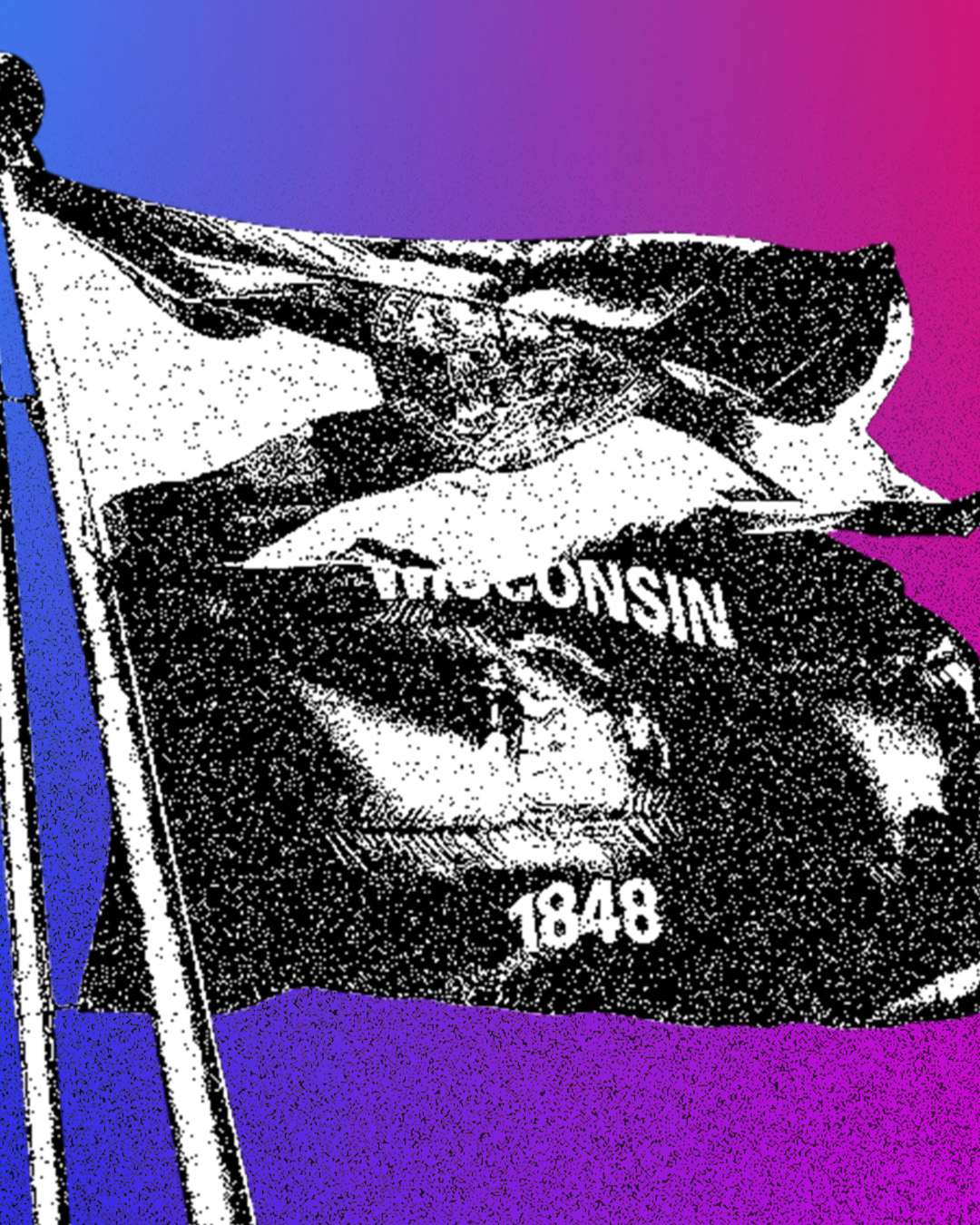Why younger generations are moving away from the two-party system.
The Big Picture
Only in politics can replacing an 81-year-old man with a 60-year-old woman be considered a play for the youth vote.
Or that a candidate who mocks women without children is seen as outreach to young voters.
No wonder both the Democratic and Republican parties are losing ground among Millennial (1981-1996) and Gen Z (1997-2012) voters.
Zooming In
Independent Identification Among Younger Voters
According to the latest research, less than 30% of Millennials and Gen Z are members of either the Democratic or Republican parties, and party affiliation continues to decline. Instead, these generations are gravitating toward independent status.

Not only are voters under 45 more likely to be independent, but their numbers now matter. In a recent Gallup survey, independent voters now make up 51% of the electorate, making them the majority. Both parties must win over independent voters—particularly in swing districts and states—to secure the White House or Congressional majorities.

Voter Frustration with the Two-Party System
Over recent election cycles, both major parties have moved away from broad coalitions and instead favor ideological purity. This shift is out of step with American voters, who increasingly seek bipartisan leadership.
According to the Independent Center We Can Do Better Poll:
- 51% of voters prefer candidates who work across party lines.
- 56% view favorably candidates independent of both parties.
- 69% of voters—regardless of party—prefer politicians who prioritize bipartisanship.
What Younger Voters Want
Millennial and Gen Z voters are not locked into traditional right vs. left ideologies. The old partisan framework no longer captures their political beliefs:
- Issues like climate change, LGBTQ+ rights, and reproductive rights are widely accepted as mainstream, not partisan identifiers.
- Instead, independent voters are socially tolerant and fiscally moderate—a position that neither major party fully represents.
- Research also suggests that independent voters are more cohesive in their priorities than Democrats or Republicans, showing they are not just undecided but have distinct expectations.
The Republican Challenge
The Republican Party faces significant hurdles in attracting voters under 45:
- The dominance of social conservatives and MAGA populists has alienated younger voters.
- Economic concerns like inflation and affordability resonate, but younger voters are less interested in issues like immigration, which appeal more to older GOP voters.
The Democratic Challenge
Democrats are also struggling to retain young voters:
- Affordability and inflation are top concerns, as younger generations face soaring housing costs and delayed financial milestones.
- Younger voters worry that without Social Security and Medicare reform, they will have no benefits when they retire.
- The party’s focus on progressive DEI policies does not resonate as strongly with the independent majority, which prefers centrist economic solutions.
The Lack of Representation
Millennials and Gen Z feel ignored by both parties. Despite clear concerns about entitlement program insolvency, neither major party has proposed modernization efforts.
Both Trump and Harris, along with their respective parties, have ruled out reforming Social Security and Medicare. Likewise, discussions on term limits and election reform—issues young voters care about—are absent from major party platforms.
Independent Lens
Millennial and Gen Z voters are not likely to return to partisan politics. Instead, they will continue to vote for candidates who address their concerns—regardless of party affiliation.
With 56% of voters wanting more options on the ballot and 83% believing elected officials ignore their priorities, both major parties should take notice. Otherwise, younger voters may opt out of the 2024 election entirely—unless someone steps up to listen.
Subscribe to our newsletter for more insights on independent voters and their impact on the 2024 election.





